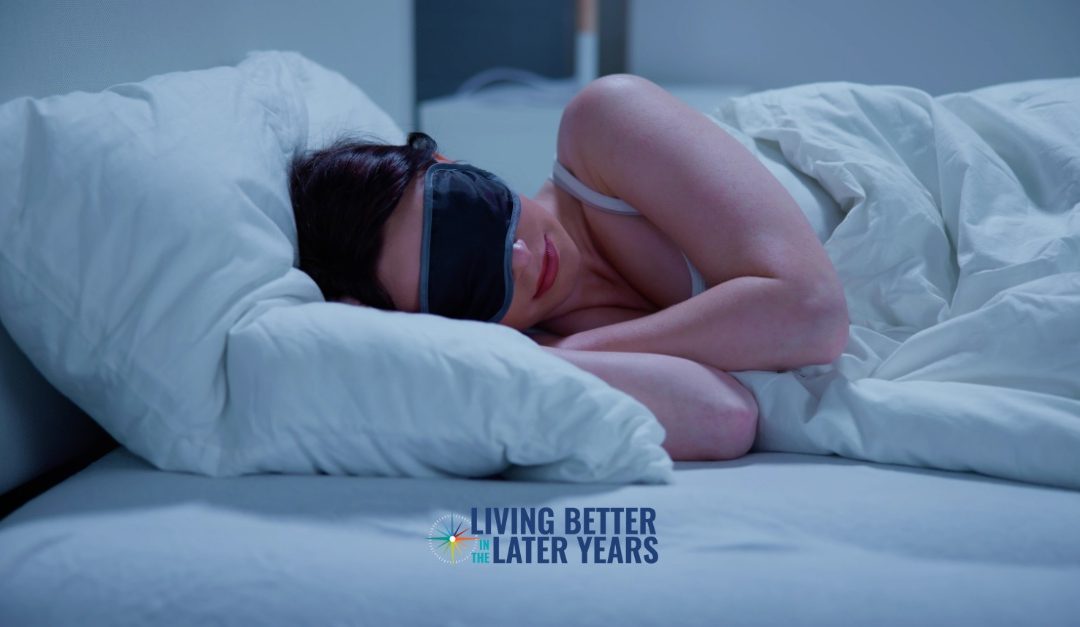Are you prioritizing sleep?
While the exact biological purpose of sleep remains one of science’s great mysteries, what is clear is that sleep is the most critical contributor to your mental, physical, emotional, and immunological health.
The quantity and quality of your life are directly proportional to the quantity and quality of your sleep.
Here are three steps to help improve your sleeping environment and ensure you get a good night of sleep:
#1: Choose a Good Mattress
You will spend a third of your life in bed, so make it a wonderful place to be!
When shopping for a new mattress, make sure to:
- Choose a mattress with the right firmness level that suits your sleeping position and comfort preference. Side sleepers typically prefer a softer mattress, while back and stomach sleepers prefer more firmness.
- Consider materials like memory foam (for contouring support), innerspring (for bounce and airflow), latex (for durability and natural materials), or hybrid (a combination of foam and springs).
- Look for mattresses with cooling properties or breathable materials to prevent overheating during the night.
- If you share the bed, a mattress with sound motion isolation will minimize disturbances from your partner’s movements.
- Invest in a high-quality mattress that maintains support and comfort over time. Check the warranty and user reviews for insights.
- Many mattress companies offer a trial period, so take advantage of opportunities to test the mattress at home to ensure it’s the right fit.
To help maintain your selections, flip your mattresses semiannually to limit sagging and extend your product’s useful life.
Additionally, you should pair your new mattress with quality bedding. When shopping for bedding, consider adding a weighted blanket to your cart, as studies and testimonials suggest that this addition to your bedding can enhance sleep quality.
#2: Be Aware of the Impact of Light
Light is detrimental to sleep, and anything containing blue light inhibits the release of melatonin (the hormone responsible for inducing sleep).
As you’re readying for bed:
- Turn off (or completely hide) all forms of light emitters.
- Use light-blocking curtains.
- Wear a personal eye mask. You can find our choice here.
- Limit the use of blue light-emitting devices before bedtime, including computers, televisions, phones, and tablets.
#3: Be Cool
Your body’s temperature can impact how well you sleep, and to achieve a good night’s rest, your body’s core temperature needs to drop.
Keep cool at night by following the below recommendations:
- Set your bedroom thermostat between 60 and 68°F (15.6 to 20°C).
- At least six hours before bedtime, avoid drinking caffeinated drinks.
- Avoid eating foods high in carbohydrates or sugar at least two hours before bedtime, as these can increase your core body temperature and heart rate.
- Take a hot bath before bed to lower your core temperature through vasodilation, perspiration, and expiration.
- If you wear them, wear seasonally appropriate, breathable pajamas.
- Wear socks while sleeping. Socks warm your feet, which causes them to vasodilate, drawing blood away from your core and reducing core body temperature.
- Use seasonally appropriate bed sheets and blankets. Use a cooling pillow and/or mattress pad.
- Use a fan to provide cooling airflow.
- If outdoor temperatures are advantageous, open windows to increase ventilation.
Remember: A good night of sleep is the best gift you can give yourself, so take steps today to improve your sleep!
If you’re interested in more tips on how to improve your sleep and overall wellness, subscribe to the LBLY newsletter below!
Header Image Credit: andreypopov

